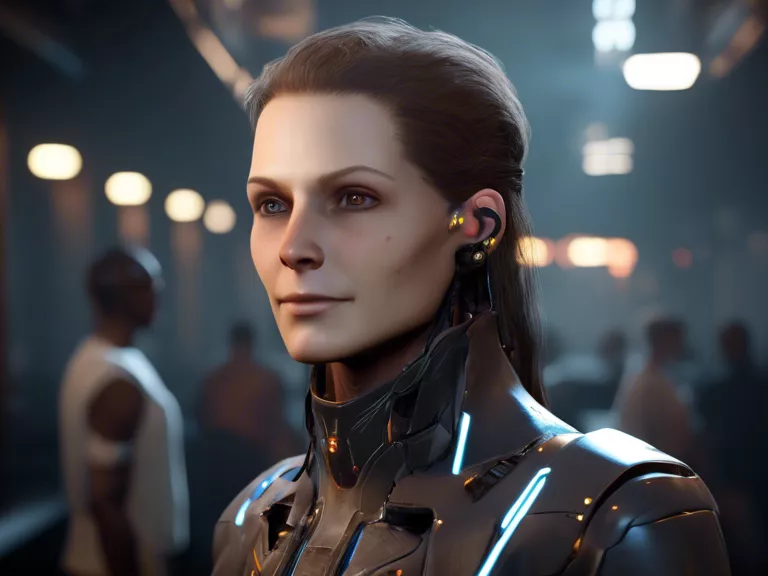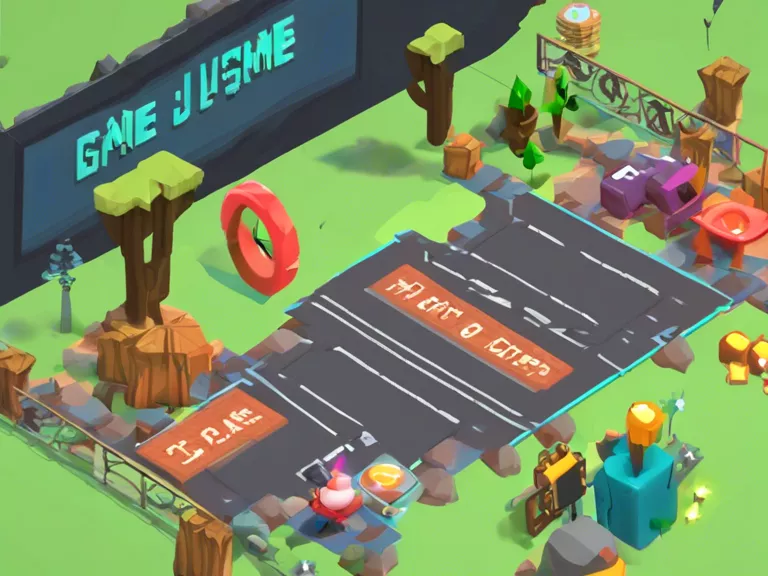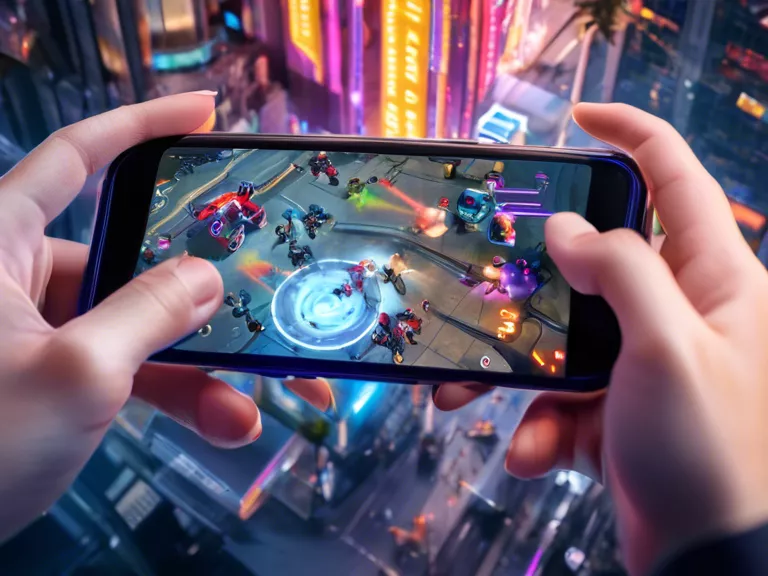
Artificial Intelligence (AI) plays a crucial role in creating realistic Non-Player Character (NPC) behaviors in video games, contributing to enhanced gameplay experiences for players. By enabling NPCs to exhibit more human-like characteristics, AI technology has revolutionized the way games are designed and played. From realistic movements to complex decision-making processes, AI has brought a new level of immersion to gaming environments. This article explores the important role of AI in shaping NPC behaviors and its impact on overall gameplay experiences.
One of the key aspects of AI in gaming is its ability to create dynamic and adaptive behaviors for NPCs. Traditional game design relied on scripted behaviors, where NPCs followed predefined patterns or responses. However, with AI, NPCs can now react to the player's actions in real-time, making the game world feel more organic and alive. Through machine learning algorithms and data-driven simulations, AI can generate a wide range of responses for NPCs, creating a more unpredictable and engaging gameplay experience.
Another significant contribution of AI to NPC behaviors is the enhancement of social interactions within games. AI-powered NPCs can exhibit social cues, emotions, and personalities, making them feel more like virtual characters rather than simple game entities. This level of complexity allows for more meaningful interactions between players and NPCs, adding depth and richness to the gameplay experience. Additionally, AI-driven behavioral models enable NPCs to learn and adapt over time, providing players with new challenges and opportunities for exploration.
Furthermore, AI technology has enabled developers to create more immersive and realistic environments for NPCs to inhabit. By incorporating advanced algorithms for pathfinding, spatial awareness, and environmental interaction, AI can simulate complex behaviors such as crowd dynamics, group formations, and object manipulation. This level of detail enhances the overall realism of the game world, making it more engaging and believable for players.
In conclusion, the role of AI in creating realistic NPC behaviors for enhanced gameplay is essential for pushing the boundaries of modern game design. By leveraging AI technology, game developers can craft more dynamic, interactive, and immersive experiences for players to enjoy. As AI continues to evolve and improve, the possibilities for creating realistic NPC behaviors in games are endless, promising a future of increasingly sophisticated and lifelike gaming experiences.



